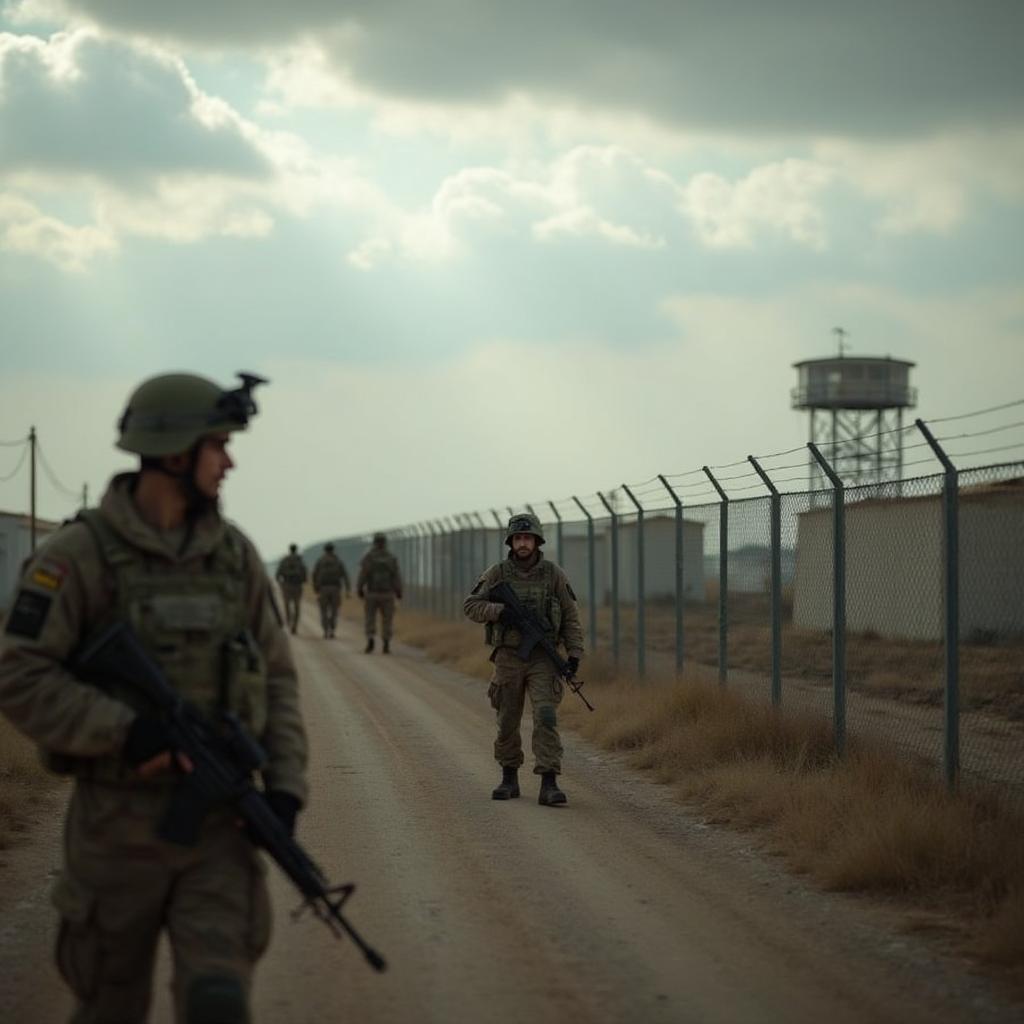
A recent decision to freeze U.S. foreign aid is raising alarms about the safety of two major camps in Syria housing Islamic State (ISIS) members and their families. The move could disrupt American-backed efforts to keep the camps secure, sparking concerns about a potential resurgence of the extremist group.
One of the camps, Al Hol, holds around 39,000 people linked to ISIS, including fighters and their relatives. It’s widely seen as a hotbed for security threats. Syrian and U.S. officials warn that the funding halt could undermine the forces tasked with guarding these facilities, leaving them vulnerable to instability.
The freeze, set to last 90 days, was announced by the Trump administration as a way to ensure U.S. funds are used effectively. However, critics argue it could have serious consequences. Programs supporting security operations in these camps are considered vital to preventing ISIS from regaining strength.
ISIS once controlled large parts of Syria and Iraq, carrying out deadly attacks worldwide. Although the group has lost much of its territory, experts fear that a lapse in security at these camps could allow it to regroup.
The U.S. currently maintains a military presence in northeastern Syria, working alongside the Kurdish-led Syrian Democratic Forces (S.D.F.). The S.D.F. oversees several prisons and camps holding ISIS fighters and their families. “Al Hol is full of ISIS remnants,” said Jihan Hanan, an official managing the camp. “They pose a huge threat. We need continued support to ensure peace and security in this region.”
As the situation unfolds, many are watching to see whether the funding freeze will have long-term effects on the fight against ISIS—and whether it could open the door for the group’s return.
